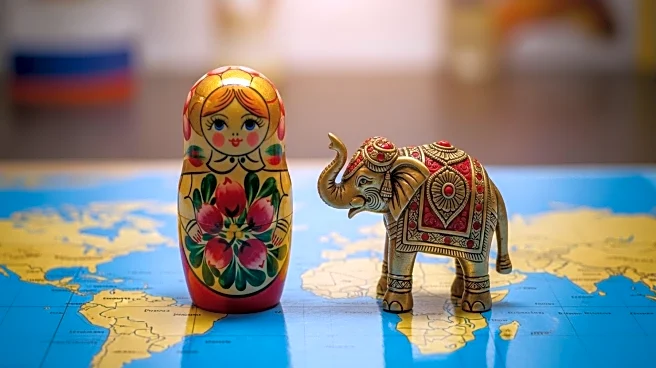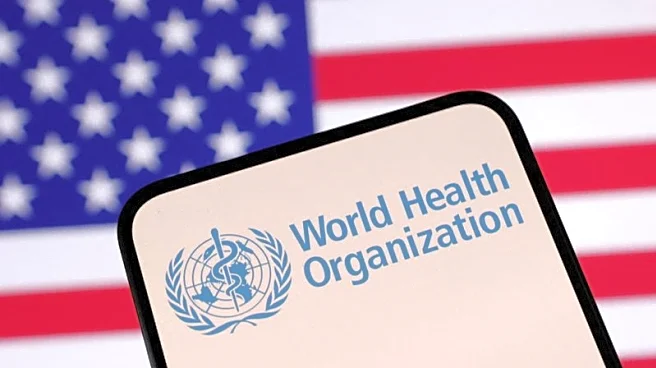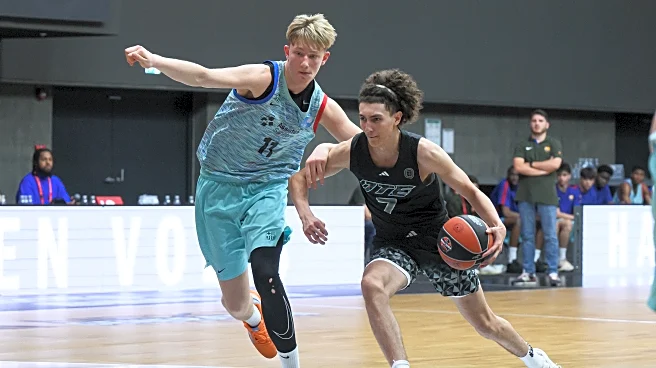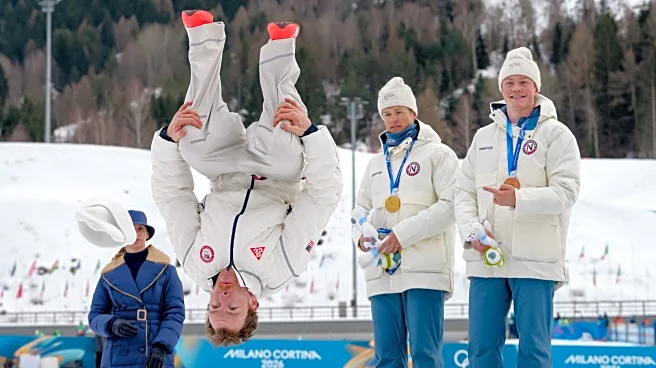What's Happening?
Russian Foreign Minister Sergey Lavrov has publicly defended India's stance in the ongoing trade tensions with the United States, particularly regarding tariffs imposed by President Trump. Lavrov emphasized India's 'self-respect' in making independent trade and energy decisions, including its continued oil imports from Russia. This comes amid criticism from the U.S., which has accused India of indirectly supporting Russia's war efforts in Ukraine through these purchases. Lavrov highlighted India's capability to make its own decisions without external interference, and noted that India is open to discussing trade terms with the U.S. if proposals are made. Additionally, Lavrov confirmed that President Vladimir Putin is scheduled to visit India in December, with discussions expected to cover a wide range of bilateral issues including trade, defense, and technology.
Why It's Important?
The defense of India's trade policies by Russia underscores the geopolitical complexities in the region, particularly as India navigates its relationships with both the U.S. and Russia. The U.S. criticism of India's oil imports from Russia highlights tensions in international diplomacy, especially in the context of the ongoing conflict in Ukraine. India's stance reflects its strategic autonomy and desire to maintain balanced relations with major global powers. This situation could impact U.S.-India relations, potentially influencing trade negotiations and diplomatic engagements. The upcoming visit of President Putin to India further signifies the strengthening of India-Russia ties, which could have implications for global trade dynamics and political alliances.
What's Next?
President Putin's visit to India in December is expected to further solidify the bilateral relationship between the two countries. Discussions are likely to focus on enhancing cooperation in various sectors such as defense, technology, and international platforms like BRICS and SCO. The U.S. may continue to pressure India regarding its trade decisions, potentially leading to diplomatic negotiations or adjustments in trade policies. India's External Affairs Minister Dr. S Jaishankar is also expected to visit Moscow, indicating ongoing diplomatic exchanges that could influence future trade and political strategies.
Beyond the Headlines
India's assertion of its trade independence highlights broader themes of national sovereignty and self-determination in international relations. The situation raises questions about the ethical and strategic considerations countries face when balancing economic interests with geopolitical pressures. India's approach may inspire other nations to adopt similar stances, potentially leading to shifts in global trade patterns and alliances. The emphasis on 'self-respect' by Lavrov and Jaishankar reflects a growing trend of countries prioritizing their national interests in the face of external criticism.












